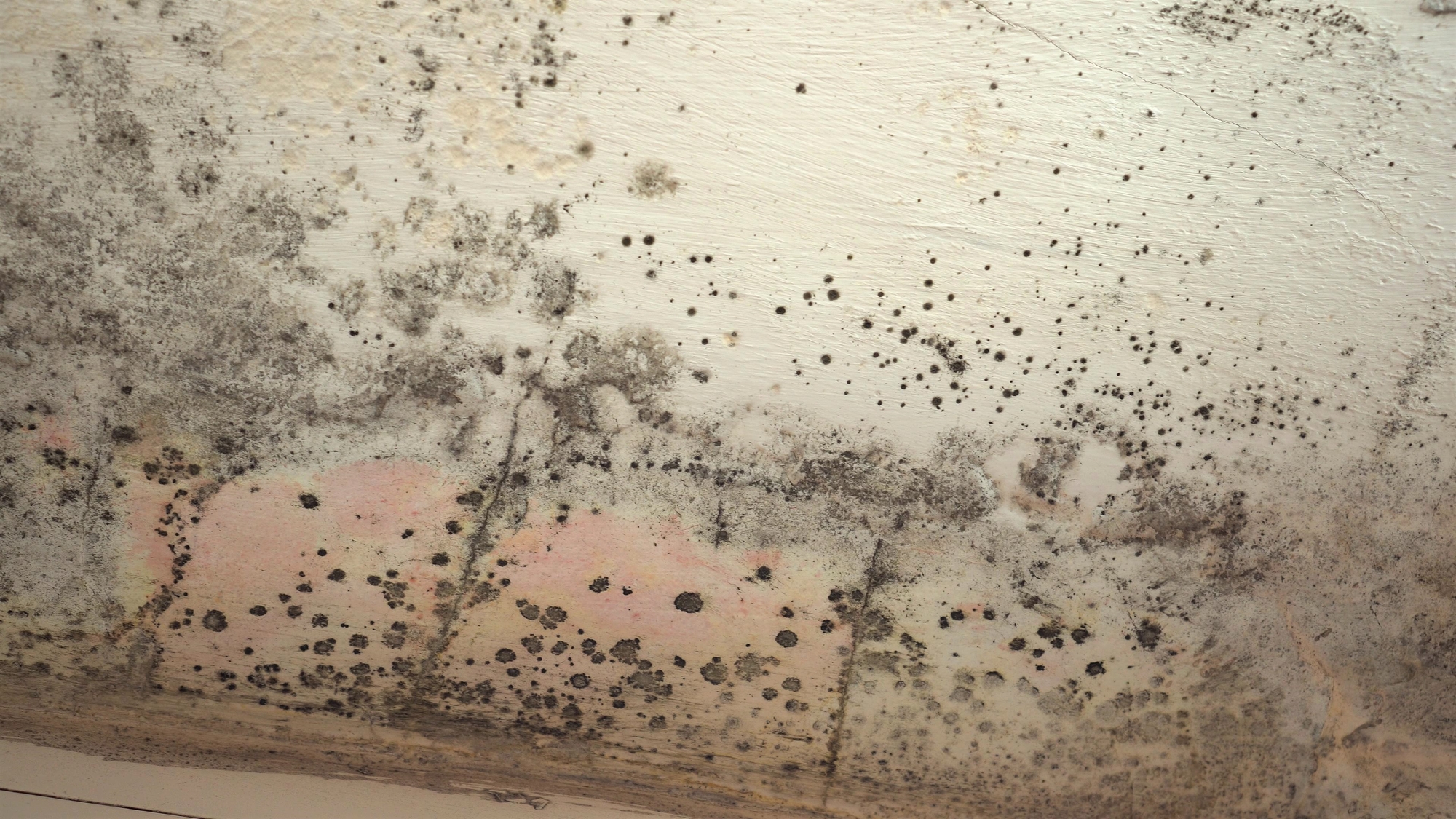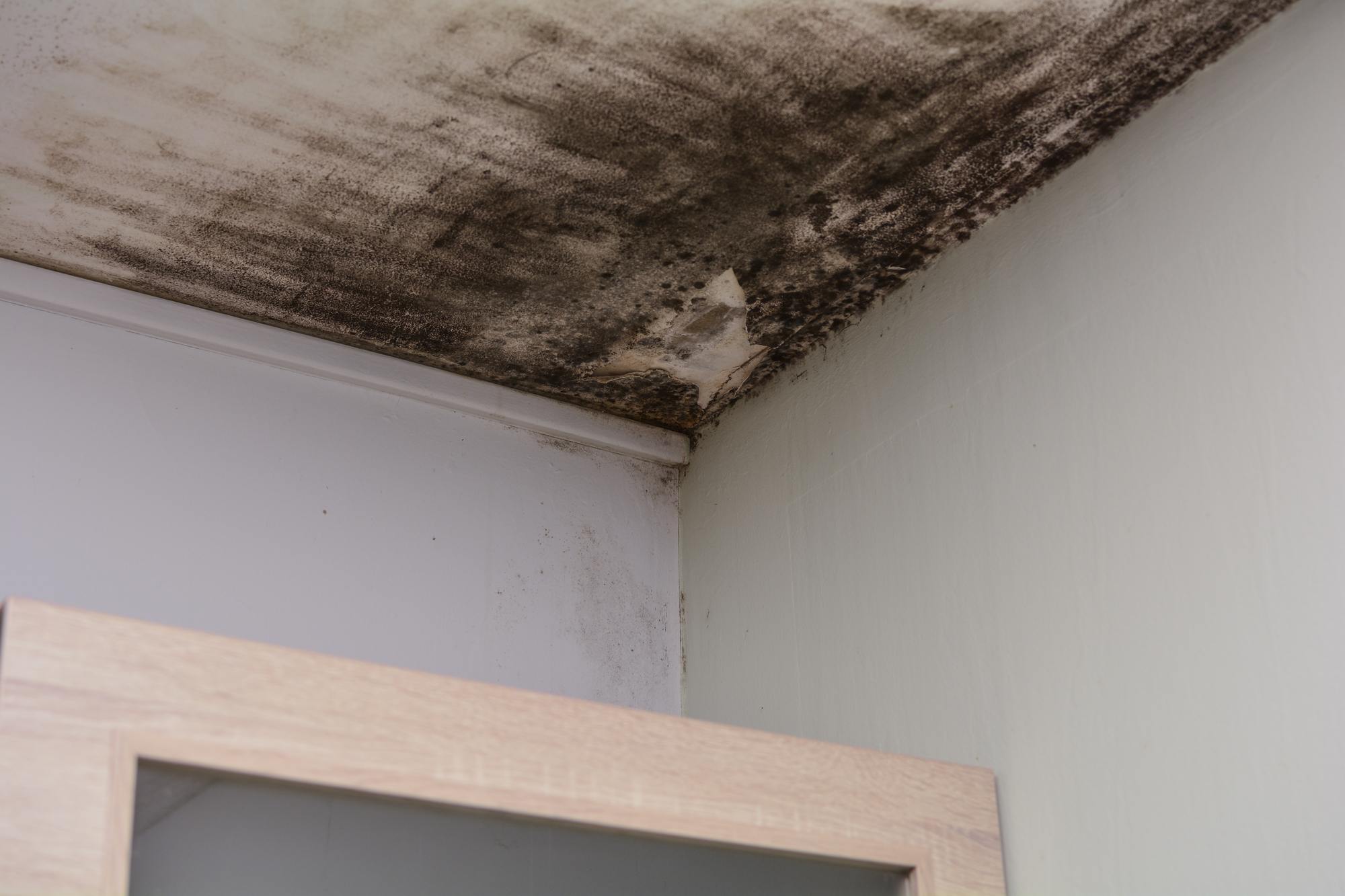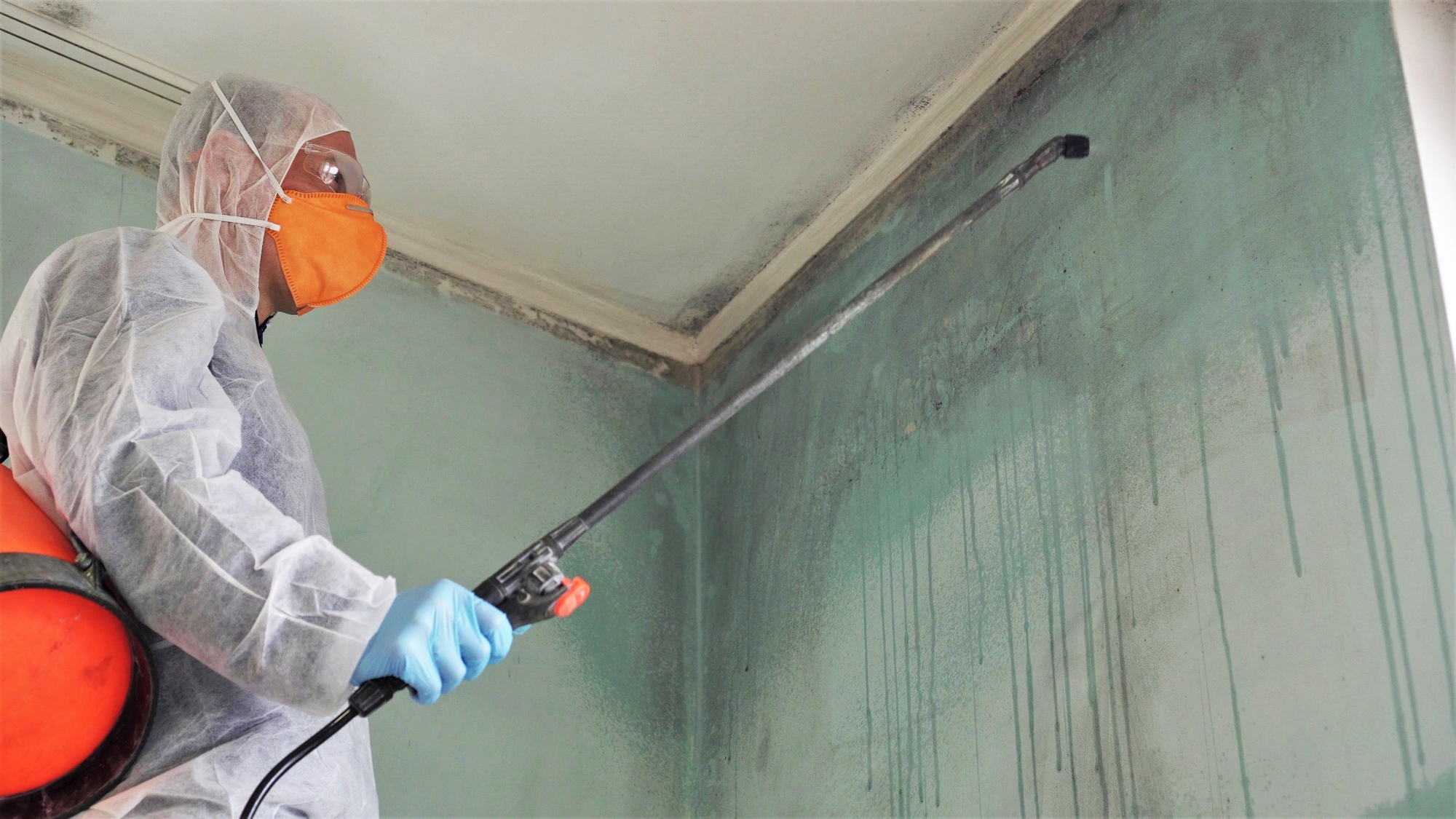Mold Remediation in Georgia: Understanding the Health Risks and Why Professional Mold Remediation Is Essential
Mold is a fungus that spreads mostly in damp environments and can grow in as little as 24 to 48 hours. When mold spores form colonies, they release allergens, irritants, and even toxins into the air, exposing commercial building occupants to health issues like respiratory problems, allergic reactions, and other complications. Mold is a prevalent problem, with over 45 million houses and buildings in the United States demonstrating hazardous mold levels.
Georgia is known for its humid and warm climate, which provides the ideal environment for mold to grow. As a result, many commercial buildings in Georgia experience mold formation problems. The presence of moisture in the air and insufficient ventilation in many Georgia properties can also create the ideal breeding ground for mold growth.
Understanding why Georgia is prone to mold formation can help commerical building owners and operators take the necessary precautions to prevent mold growth and protect occupants from the health risks of mold exposure. If these dangerous spores are already present, measures such as professional mold remediation can put this pressing issue to rest.

Reasons Georgia Has a Mold Formation Problem
High Humidity Levels
One of the primary factors contributing to mold formation in commercial properties in Georgia is the region's consistently elevated humidity levels. Georgia falls within a humid subtropical climate zone in the Southeastern United States, characterized by hot and humid summers, as well as mild winters with relatively high humidity.
These climatic conditions create an environment conducive to mold growth, particularly in areas of commercial buildings that are prone to moisture buildups, such as bathrooms, kitchens, and basements.
Extreme Weather Events
Georgia frequently experiences extreme weather events, including heavy rainfall, flooding, and hurricanes, which can lead to water accumulation in commercial properties. Even minor water leaks or spills can result in water damage and create the perfect conditions for mold within walls, floors, and furniture.
The impact of these weather events on commercial buildings is especially significant, as they often have large surface areas and complex structures that are susceptible to water infiltration.
Poor Ventilation
Inadequate ventilation is another contributing factor to mold formation in commercial properties throughout Georgia. Insufficient airflow and ventilation systems prevent the proper circulation of air, allowing humid air to remain stagnant within enclosed spaces. This stagnant air becomes an ideal setting for mold spores, facilitating their dispersion and settlement. Consequently, commercial properties with poor ventilation provide an ideal environment for mold growth and proliferation.
Insufficient Maintenance Practices
Another reason behind Georgia's mold formation problem is the inadequate maintenance practices employed in commercial properties and buildings. Due to various reasons such as negligence, lack of awareness, or budget constraints, many property owners and managers fail to implement regular inspections and upkeep procedures. As a result, hidden moisture issues, such as plumbing leaks, roof leaks, or faulty HVAC systems, often go unnoticed for extended periods.
Undetected moisture problems lead to mold thriving within the premises. Mold can grow behind walls, underneath flooring, or in concealed areas where moisture accumulates. The absence of timely repairs and preventive measures allows the mold to spread unchecked, causing extensive damage to the affected structures and jeopardizing the health and well-being of occupants.
Inadequate Building Design
The architectural design and construction of commercial properties and buildings in Georgia can also contribute to the mold formation problem. In some cases, inadequate building design fails to address the region's unique climate and environmental conditions effectively.
Insufficient consideration of ventilation systems, moisture barriers, and drainage mechanisms during the construction phase can create vulnerabilities that lead to moisture intrusion and subsequent mold growth.
For instance, improper insulation or flawed waterproofing techniques can result in water seepage through walls or roofs, which becomes a persistent source of moisture. Additionally, insufficient airflow circulation due to design flaws restricts the exchange of fresh air and encourages the stagnation of humid air, promoting mold development. Therefore, commercial buildings constructed without careful attention to these factors are more susceptible to mold-related issues.
Occupant Behavior and Habits
The behavior and habits of occupants in commercial properties and buildings can significantly influence the mold formation problem in Georgia. Factors such as improper usage of ventilation systems, neglecting proper cleaning and maintenance routines, and excessive moisture generation contribute to the proliferation of mold within the premises.
Inadequate utilization of ventilation systems, including failure to run exhaust fans or open windows during activities that generate moisture, such as cooking or showering, traps the moisture indoors. This trapped moisture provides an ideal environment for mold growth.
Neglecting routine cleaning and maintenance tasks, such as drying wet surfaces, fixing leaks promptly, or removing mold-affected materials, exacerbates the problem and allows mold to persist and spread.
Furthermore, occupant habits like drying wet clothing indoors or storing damp items without proper ventilation can introduce excessive moisture into the living spaces, leading to increased mold risks.

What Is Mold Remediation and What Does it Entail?
Mold remediation is the process of identifying, containing, and removing mold contamination from an indoor environment. It involves using specialized equipment and techniques to mitigate the spread of mold spores and restore the affected area to a safe and healthy condition. Proper mold remediation is crucial in ensuring the safety and well-being of the occupants of a building.
Mold remediation is a complex process that requires the expertise of trained professionals who employ advanced equipment and techniques to detect, isolate, and eliminate mold growth. A thorough inspection is conducted to identify the extent of the damage and the cause of the mold. Trained professionals use containment methods to prevent mold spores from spreading to other areas, then proceed to remove contaminated materials and dispose of them properly. The cleaning and disinfecting of the building are done meticulously, and ongoing monitoring is implemented to ensure the mold does not return.
With the help of experienced professionals, mold remediation can effectively address mold problems and prevent further damage.
Benefits of Professional Mold Remediation
Preventing Cross-Contamination and Spread of Mold Spores
When it comes to mold remediation in commercial properties, professional companies play a vital role in preventing the cross-contamination and dispersal of mold spores. Through the utilization of specialized equipment and techniques, these companies ensure that mold spores are not released into the air during the removal process. This precautionary measure is of utmost importance since airborne mold spores can easily travel to other areas within the commercial property, leading to further contamination and exacerbating the mold formation problem.
Professional remediation companies employ methods designed to contain the mold, capture mold spores, and halt their airborne dissemination. By employing these strategies, they effectively mitigate the risk of cross-contamination, ensuring that the mold removal process is carried out in a controlled manner, minimizing the potential for mold spores to spread and infiltrate other parts of the commercial property.
Identifying and Addressing Underlying Issues
Professional mold remediation companies also excel in identifying and addressing underlying issues that contribute to mold formation in commercial properties. These issues may include poor ventilation systems, water leaks, and excessive moisture accumulation. By thoroughly assessing the property, these companies can pinpoint the root causes of mold growth and provide comprehensive solutions.
Addressing these underlying issues in conjunction with mold remediation is crucial to preventing future mold formation problems. Professional remediation companies offer expertise and guidance on implementing preventative measures, such as improving ventilation systems or conducting necessary repairs to address water leaks.
By proactively addressing these contributing factors, commercial property owners can minimize the likelihood of mold recurrence, creating a safer and healthier environment for occupants.
Ensuring Safe and Effective Mold Removal
Professional mold remediation companies utilize specialized equipment and techniques to ensure the safe and effective removal of mold from affected surfaces within commercial properties. These companies prioritize the safety of their workers by implementing personal protective equipment to minimize the risk of mold exposure during the remediation process.
Moreover, professional remediation companies employ specialized cleaning solutions and tools that are specifically tailored for effective mold removal. For instance, they may utilize biocides as a final step in the mold remediation process. Biocides serve the dual purpose of sanitizing contaminated surfaces and impeding future mold growth. By utilizing these advanced techniques and cleaning solutions, professional remediation companies can efficiently eliminate mold from even hard-to-reach areas that are typically inaccessible with other methods.
Quality control is another essential aspect of professional mold remediation. These companies employ testing and monitoring equipment to ensure that all traces of mold have been effectively eradicated from the commercial property. This approach guarantees that the mold removal process is thorough and comprehensive, reducing the risk of mold reemergence and providing peace of mind to commercial property owners.

Do You Need Mold Remediation Services in Georgia?
If you suspect mold growth in your building, taking prompt action is essential to prevent further damage and protect the occupants’ health. Blue Team offers mold remediation services that can help remove and prevent the spread of mold on your property.
As part of our commitment to excellence, our clients can download the Blue Team App, which serves as a powerful tool for seamless communication and collaboration throughout the mold remediation process. By using the app, you can easily schedule a mold remediation assessment, receive real-time updates on the progress of the project, and access detailed reports on findings and outcomes.
We prioritize safety and quality in all our services, and our team adheres to strict industry standards and regulations to provide you with the best possible results. Contact Blue Team today to schedule a mold remediation assessment and take the necessary steps to restore your property to a safe and healthy condition.

